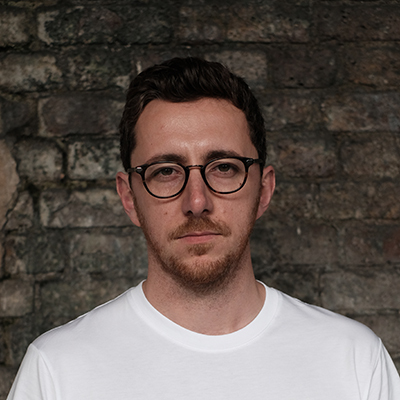During Dry January in 2023, the World Health Organization (WHO) issued a statement about alcohol that poured warm, stale lager on the idea that any amount of booze is good for you. There’s no such thing as a safe drink, it said.
Issued in The Lancet Public Health, the statement reminded us that “alcohol is a toxic, psychoactive and dependence-producing substance and [was] classified as a Group 1 carcinogen by the International Agency for Research on Cancer decades ago.” Sobering stuff, and a surprise for those of us who toast our health with the occasional tipple.
Everyone knows that drinking to excess is linked to a cocktail of ill health effects: damaged livers, hearts and mental health, plus increased risk of cancer. But most drinkers have also heard that, in small doses, alcohol bestows certain protective effects, such as cutting your risk of hardened arteries and reducing insulin resistance.
Of course, ‘moderate drinking’ is a subjective measure. In the UK it means 7-14 units of alcohol a week (14 units is about six pints of beer or a bottle and a half of wine). In Belgium, guidelines say that 21 drinks a week for men and 14 drinks a week for women is “low risk”. So why has the WHO decided that any amount of booze is a bad idea?

Well, the WHO statement didn’t appear in a vacuum. It partly resulted from a discussion about whether there’s a ‘threshold’ at which alcohol becomes carcinogenic, explains Dr Jürgen Rehm, from the University of Toronto, whose work looks at the harm of alcohol and other drugs on public health.
“While even [the alcohol] industry doesn’t deny that alcohol is a carcinogenic substance, there had been discussions about a potential threshold,” he says.
“That led to a re-evaluation of the evidence and a reiteration of the statement from the International Agency for Research on Cancer that there’s no lower threshold.”
In other words, just a single drink a week increases your risk of cancer. This echoes what other researchers have found in recent years. “There are a number of studies on breast cancer, which demonstrate risk from less than one drink a day,” says Rehm.
And it’s not just cancer. In 2021, scientists at the University of Oxford found that no amount of alcohol is safe for brain function, tracking the loss of grey and white matter in the brain with increasing amounts of alcohol intake.
In 2022, researchers also dismissed the idea that light drinking is good for the heart. Using data from over 300,000 people in the UK Biobank, they found that even a few drinks increase the risk of hypertension and coronary artery disease.
They also found that while light drinkers seemed to have a lower risk of heart disease than teetotal people, it wasn’t the hooch that was helping. Instead, the study found that light drinkers were more likely to engage in other healthy behaviours, such as exercising and not smoking. It was those things – not the occasional glass of shiraz – that offered the benefits.
There’s one more interesting point to emerge from these and other studies. In most cases, the health risks from alcohol increase the more you drink.
“Many risk curves with alcohol are exponential,” Rehm says. “That means that health gains from reducing from four to two drinks a day are, by far, larger than reducing from two to zero drinks.”
Nothing in life is risk-free, so if you enjoy the occasional drink then perhaps you’re happy with the risk. “I personally wouldn’t mind about the risk of three glasses [a week],” Rehm says, “unless you’re genetically vulnerable for cancer.”
For anyone cutting back after a very merry Christmas, it’s natural to wonder whether Dry January should become a more permanent change. A growing body of evidence is clear: less is best.
Read more:
- Here's what giving up alcohol actually does to your body
- Hangover anxiety and depression: The neuroscience behind your alcohol morning blues
- Why does drinking alcohol trigger my anxiety?
About our expert
Dr. Jürgen Rehm researches addiction at the University of Toronto, focusing on how social factors and policies impact substance use. His work has been recognized with numerous awards, including the Jellinek Memorial Award and the European Addiction Research Award.
